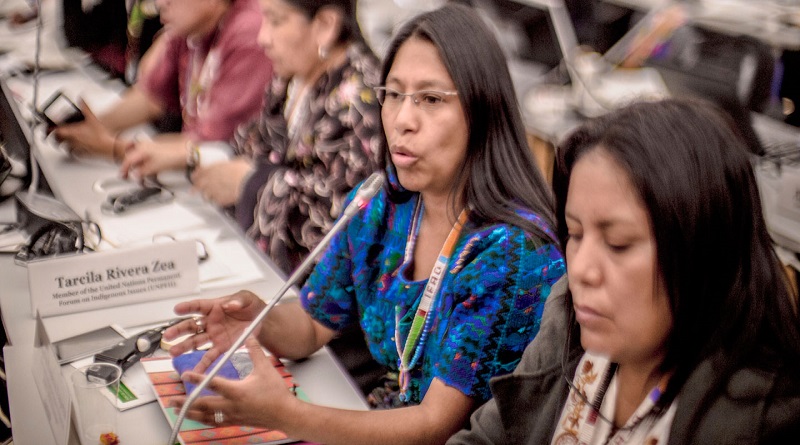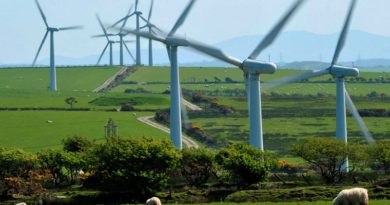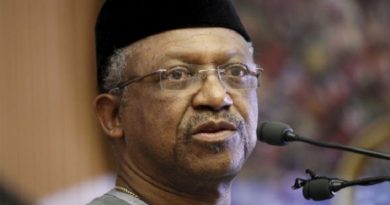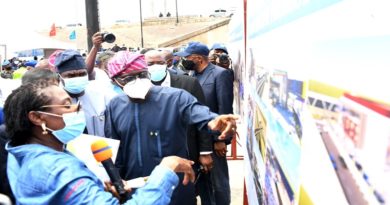Indigenous peoples, govs collaborate on climate action
Indigenous peoples and governments worked side by side to launch a fruitful partnership during the inaugural meeting of the Facilitative Working Group (FWG) of the Local Communities and Indigenous Peoples Platform (LCIPP) in Bonn, Germany from 14-16 June, and drew up an initial two-year workplan.
Local communities and indigenous peoples are disproportionately affected by climate change impacts because they rely on fragile ecosystems for their livelihoods, but they also hold many of the solutions to the climate change crisis. Despite this, indigenous peoples have historically been at the margins of formal international processes addressing climate change.
This dynamic began to shift with the establishment of the Local Communities and Indigenous Peoples Platform in 2015 at the UN Climate Change Conference COP 21, and the creation of the working group at the end of last year, thereby giving indigenous peoples a voice alongside governments, and enabling them to more effectively participate in the UNFCCC process, drawing on their traditional knowledge for ambitious climate action.
Speaking at the opening of the group’s first meeting, which took place during the June UN Climate Change Conference in Bonn, Patricia Espinosa, Executive Secretary of the UNFCCC, said “In many ways this group represents the climate hopes and aspirations of indigenous and local communities all over the world.”
Numerous examples already exist of the benefits of indigenous and traditional knowledge in the context of climate change, including its use in early warning systems within disaster risk reduction.
At the meeting, members drafted an initial two-year workplan (2020-2021). The workplan will be considered by the UNFCCC’s Subsidiary Body for Scientific and Technological Advice (SBSTA) at the UN Climate Change Conference COP25 in Santiago de Chile this December.
And during the three-day inaugural meeting in Bonn, members elected the FWG’s first Co-Chairs, Pasang Dolma Sherpa and Majid Shafiepour and Vice Co-Chairs, Rodion Sulyandziga and Elvira Gutiérrez Barrón. The Co-Chairs and Vice Co-Chairs represent a historic balance between indigenous peoples and Parties.
In addition to the FWG meeting, numerous other events took place under the Local Communities and Indigenous Peoples Platform during the SB50 sessions, including the third thematic workshop under the LCIPP, which focused on enhancing the participation of local communities, in addition to indigenous peoples, in the LCIPP. At present, half of the 14 members of the FWG are representatives of Parties, and half represent indigenous peoples. The addition of representatives of local communities will be considered in 2021.
Three dialogues were among the other LCIPP-related events held in Bonn, bringing forward many collaborative opportunities around sharing knowledge and working with partners under the UNFCCC process and beyond.




